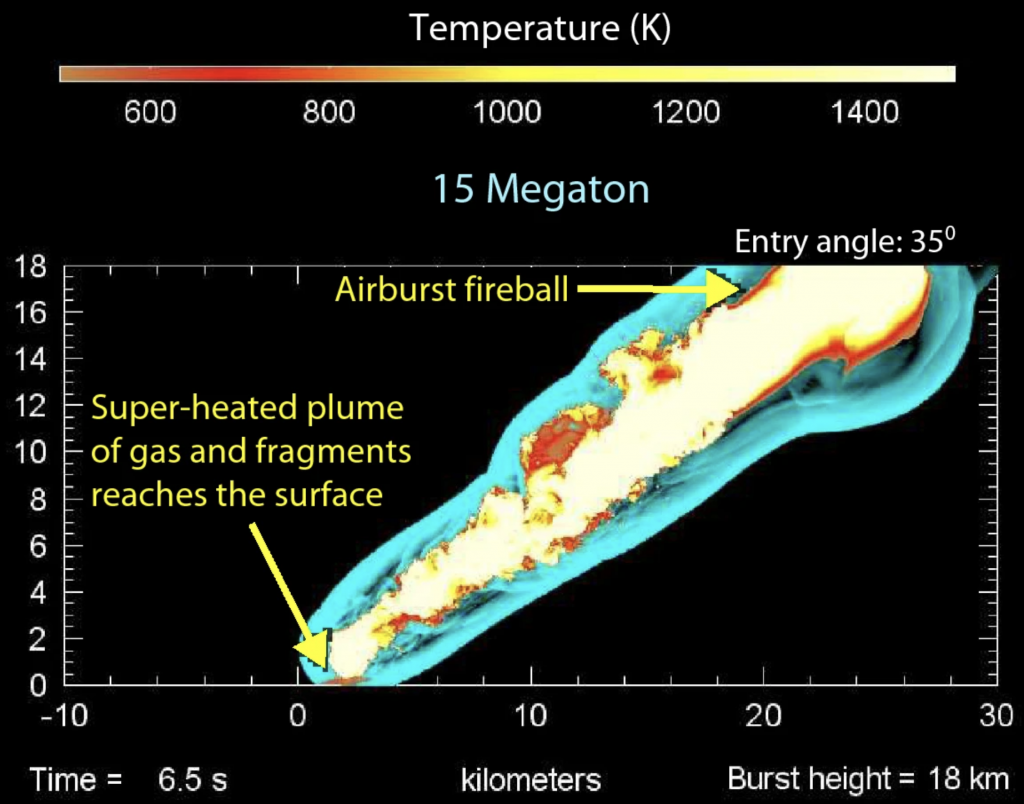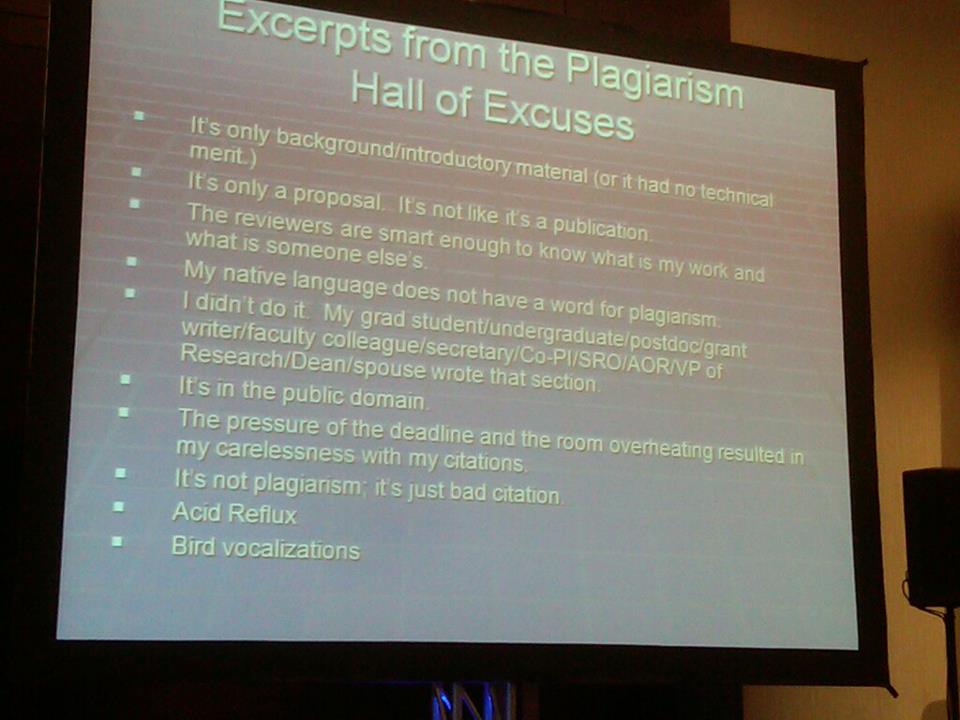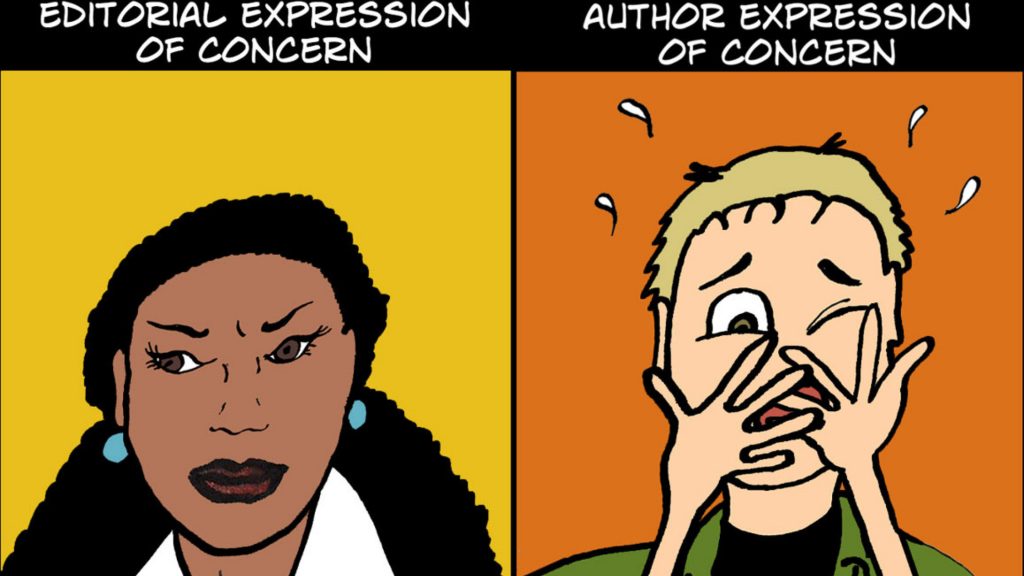
Although it’s never too late to say sorry, sometimes the apology turns out to be worse than keeping quiet.
Consider the case of a group in China, who admitted that their 2020 paper on brain tumors was the work of a paper mill.
The article, “LncRNA SNHG16 Promotes Proliferation, Migration, and Invasion of Glioma Cells Through Regulating the miR-490/PCBP2 Axis,” came from a group led by Fangen Kong, of the Department of Neurosurgery at The Fifth Affiliated Hospital of Sun Yat-Sen University, in Zhuhai.
Missing from the list of authors, however, was another…well, something, as the retraction notice points out:
Continue reading Here’s what happened when a publisher looked more closely at a paper milled paper







